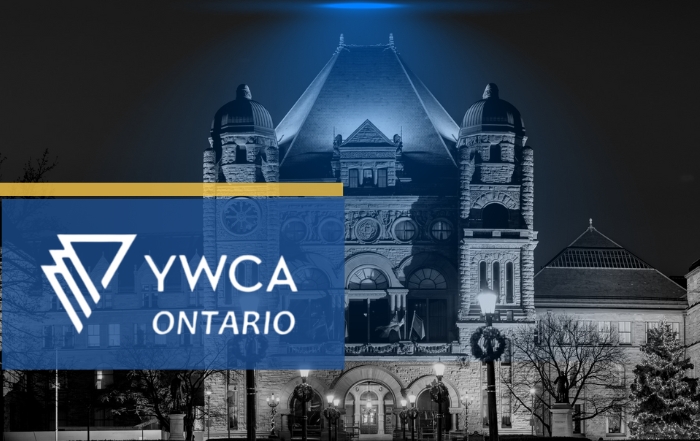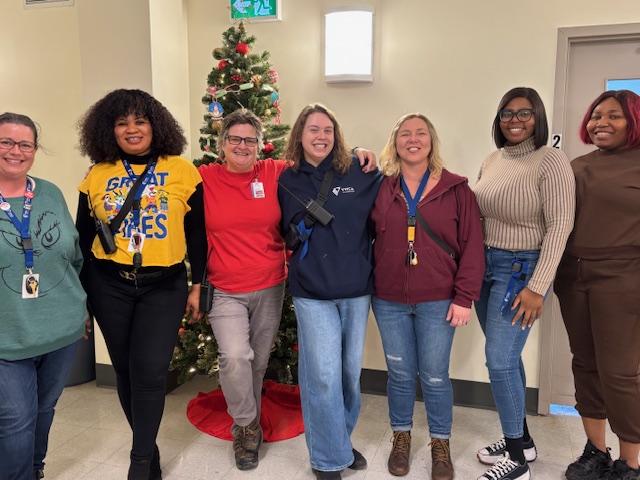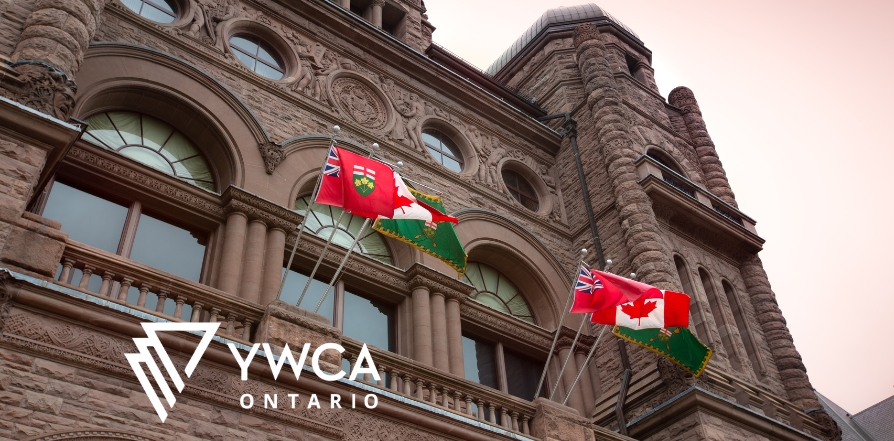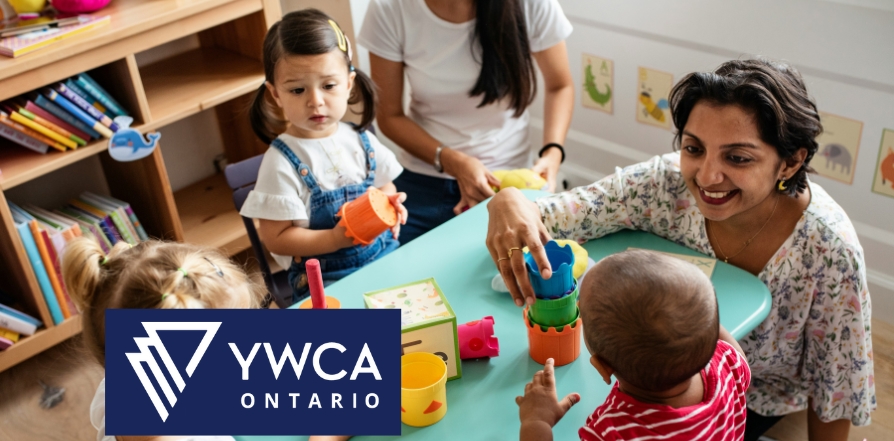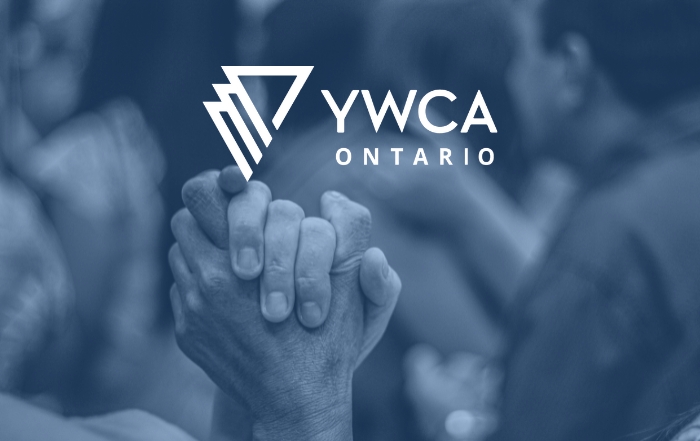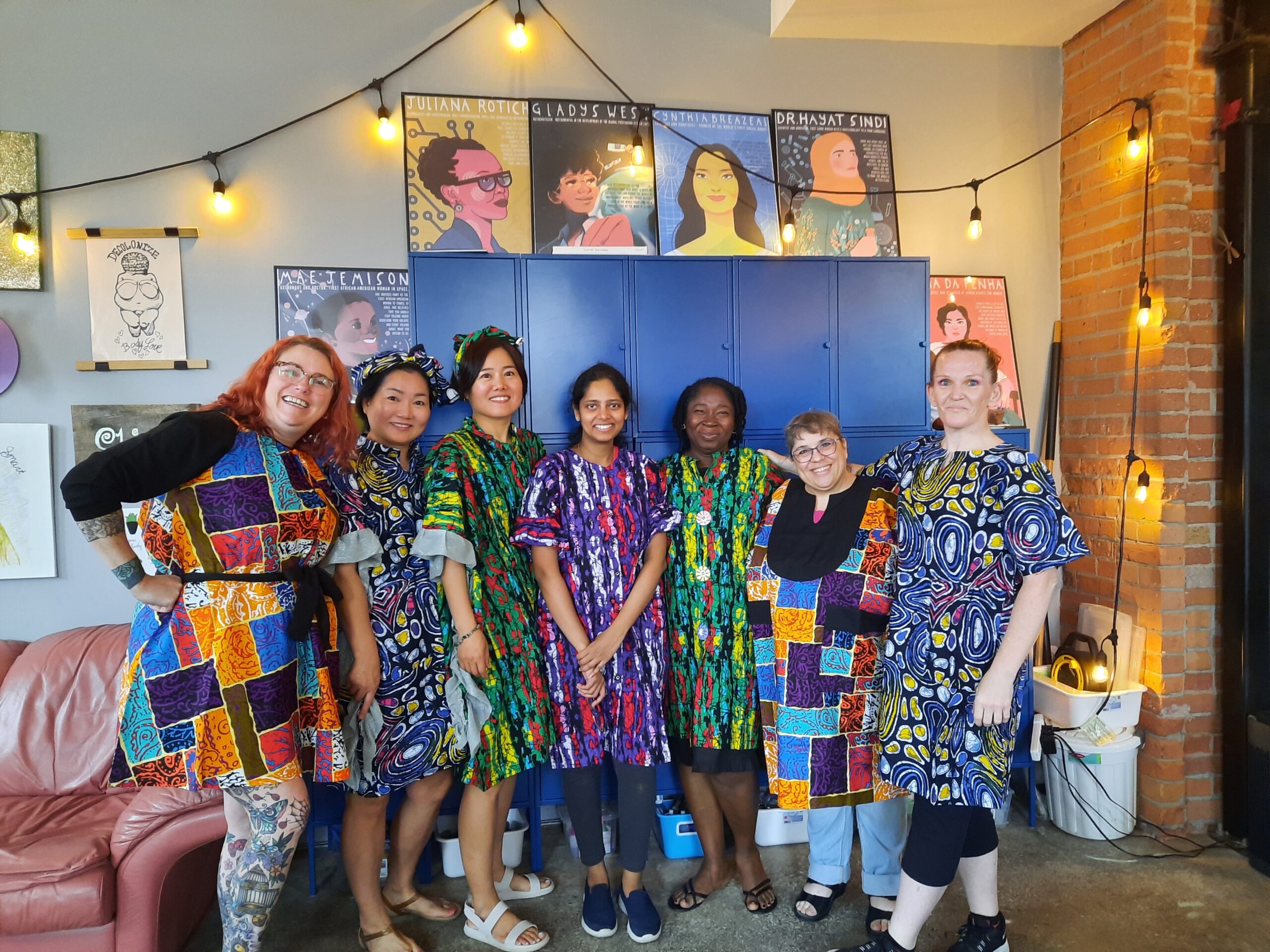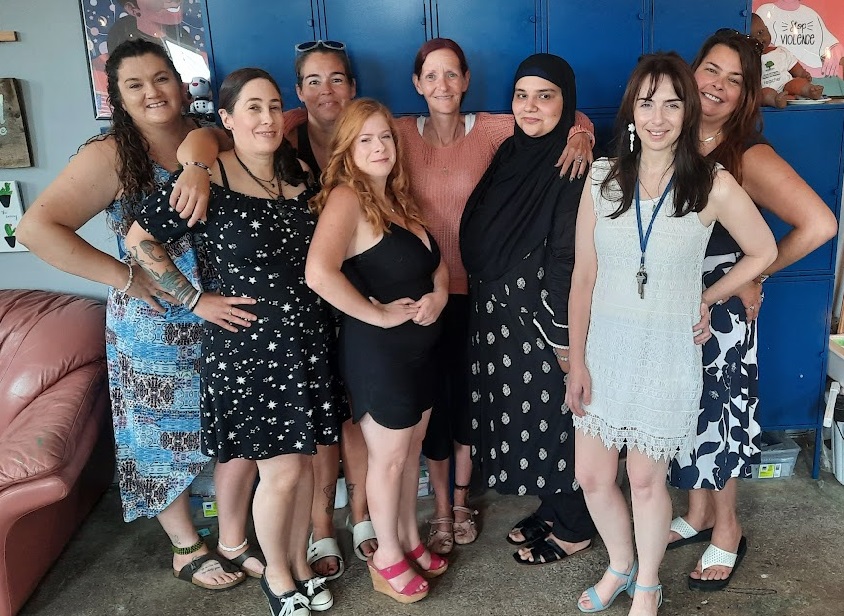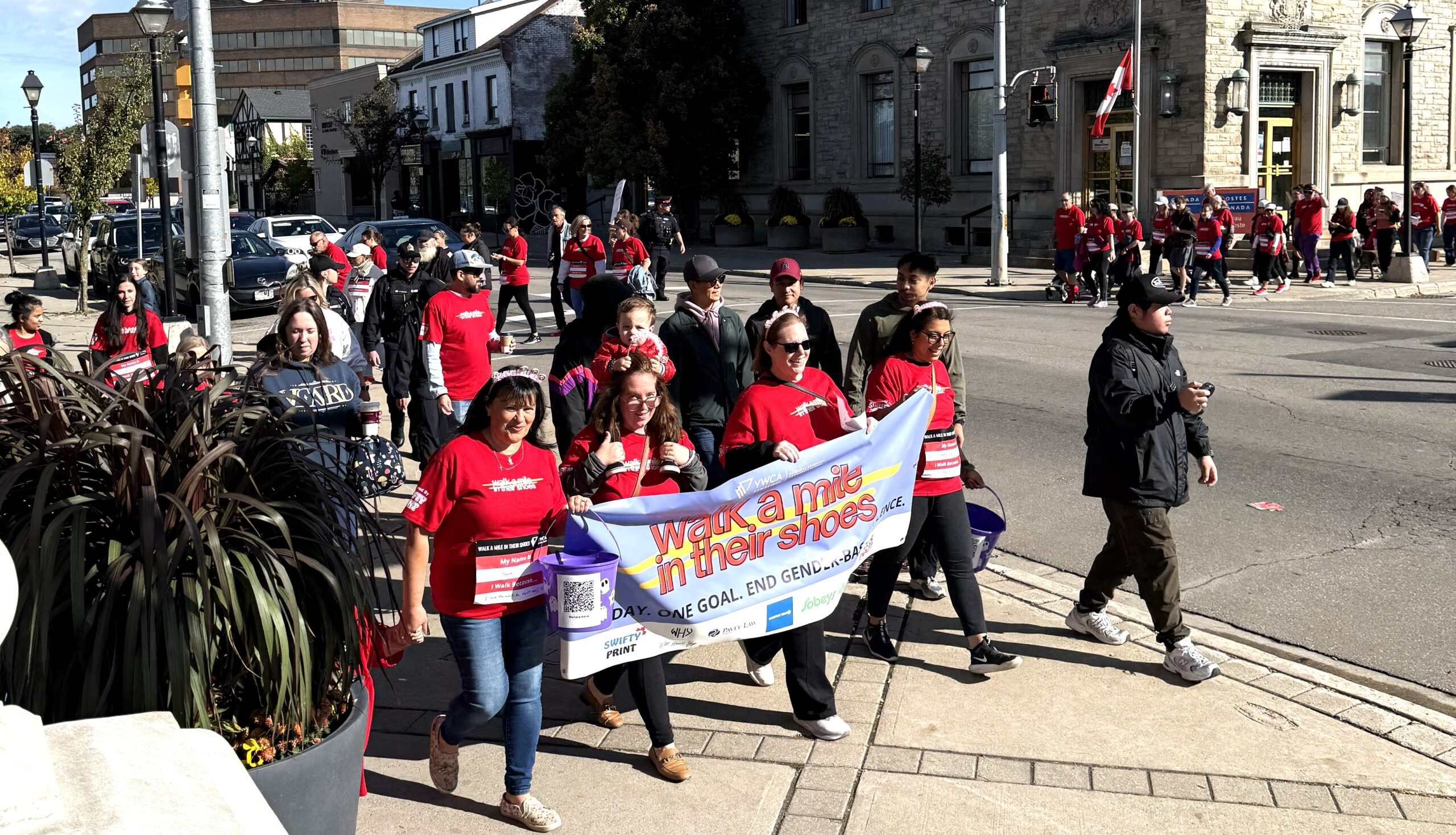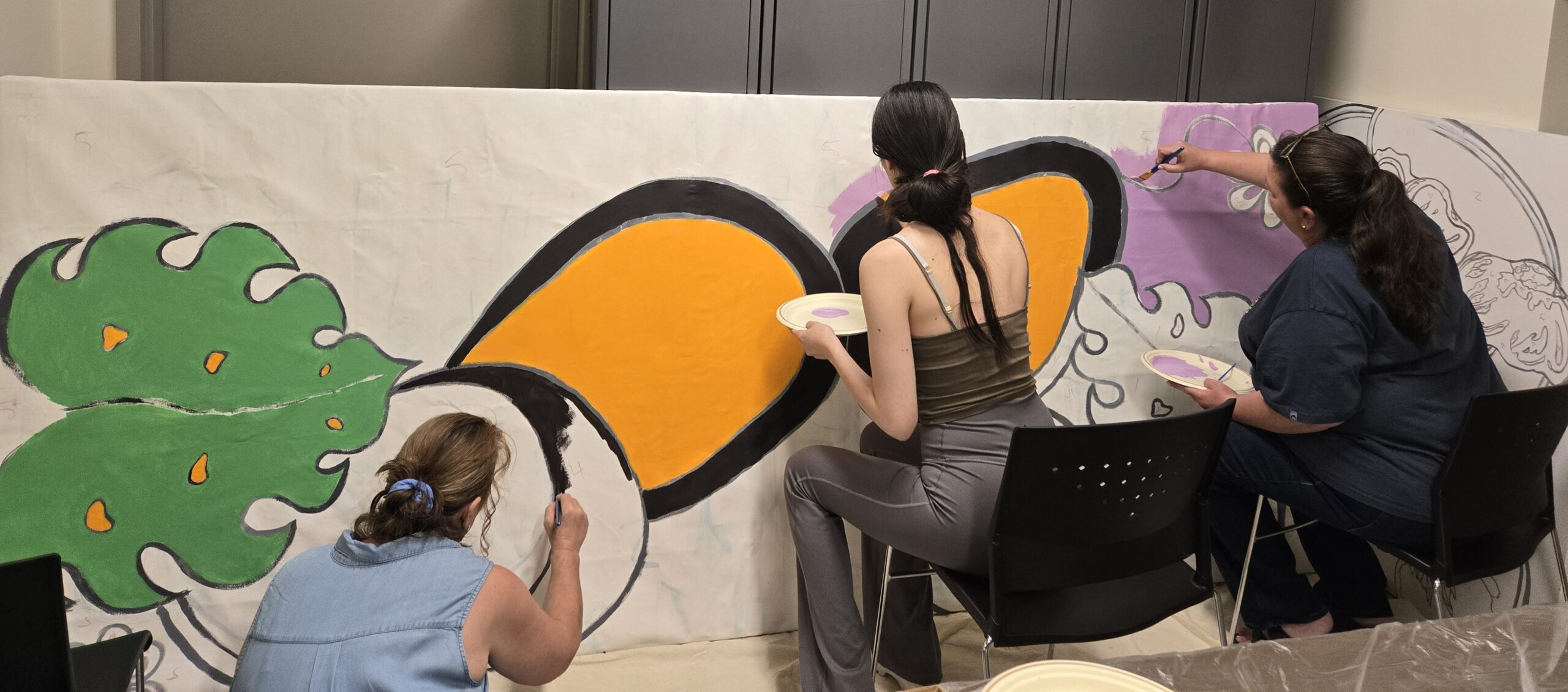YWCA’s Jen Gordon represents co-creators during important council decision to move forward with the Plan to End Chronic Homelessness
On April 9, Regional Council endorsed the Plan to End Chronic Homelessness, a co-created plan for transformative systems change in the Region’s homelessness and housing system. The nearly 90-page report includes 31 specific recommendations to bring about change, one of which looks to analyze the current system through a gender equity lens. Working with our regional government, over 40 organizations and a lived experience group informedthe Plan and will continue to work towards change together through a whole of community approach.
YWCA Cambridge staffer, Jennifer Gordon had the opportunity to join regional staff, as well as local Cambridge advocate Marjorie Knight, in the presentation of this Plan to council. You can watch a recording of the full PECH presentation, including the remarks by Jennifer and Marjorie here – tune into the 3:47:19 mark.
Below is a transcript of Jennifer Gordon’s remarks. Please note there are explicit descriptions of gender-based violence.
Hello Council,
My name is Jennifer Gordon. I’m here as an enthusiastic co-creator of The Plan. This year marks a 20-year journey for me in this Region, working in homelessness, housing, prevention and gender-equity. My passion to try and make change has led me to support roles in non-profit, supportive housing, systems resolution work, advocacy at a local, provincial and national level, and university and community-based research designed to bring action and solutions to our community.
Here’s what I think is important for Council to know as we embrace this opportunity today for transformative systems change.
In the 2022 Project Willow Report, “Don’t Tell Them You’re Homeless.”, there is a quote that I feel both defines the problem ahead of us and could act as your inspiration as decision makers to champion systems level change. As the lead researcher, a woman shared her story with me on a condition and with my promise, to share it everywhere and with anyone and everyone who can make change, however big the opportunity, like today’s decision, or small.
I obliged. Her story is the barometer I use when I advocate for intersectional gender-equity in our housing and homelessness system and other systems intersecting. Included in that is my time as a co-creator of The Plan. She shared with me:
“Some guy beat me up on the street. Yeah, I was in the hospital because of it, I died a few times. Meantime my landlord, he got rid of everything in my apartment and I lost my rent geared to income housing and I ended up discharged from the hospital and driven to the shelter.”
While you could claim that each system did its obligations and served its purpose. The hospital kept her alive, her market-rent landlord had received her notice to end her lease and upon the end of the month removed her things for the next tenant, her rent-geared to income housing at the time of her experience with violence on the street didn’t yet have her signature to confirm her commitment so they moved to the next person as per policy, and when she was discharged, the police drove her to a place with a roof over her head. Alone, these systems are accountable to their policies and processes but together they contributed to a long and preventable experience of homelessness. An experience that now relies on our housing and homelessness system for intervention.
For me, this story is as symbolic as they come, but it’s not unique for women in our community. In my experience, through 100s of interviews with women at the intersections of violence and homelessness there are more examples of where systems fail than where they succeed, and often those successes are actually despite the systems, not because of them. “Isn’t she resilient,” we say. But why should she have to be resilient? Resilient is a descriptor we give to justify traditional systems that are not built with equity, that are by-design inherently rooted in magnifying the marginalization experienced by equity-owed groups.
In this kind of system, we can’t possibly expect anything to change. However, The Plan throws this system on its head.
When I was invited to the co-creator table, I came with trepidation but I did it because of my commitment to share this story with everyone who is in a position to make change, our regional government being central to that. As a macro social worker dealing in systems and in advocacy, I’ve been through my share of renditions of plans for many social issues. I’ve seen nothing come of them. I’ve seen worse things come of them. I’m reminded daily that systems change is highly improbable.
That is, until a system, in its whole, comes together in arms to acknowledge that, beyond what is comfortable, beyond what is tried and what is familiar, beyond what is policy and beyond what is process, that we can do this better.
You have 40 organizations and many more people who have weighed in, through a painstaking collaborative process. These are the people that we turn to, to weave the social fabric that our community depends on and needs in order to thrive, to belong, to stay alive. Over the past year, these folks, myself included, have shared what they know to be true, their earned knowledge, and have expressed the solutions they believe will impact transformative systems change.
Further, they’ve committed to leadership over these ideas. And they did this humbly knowing, government included, that the way we operate as a system is no longer the solution this community needs. But we’re not magic, change doesn’t happen without The Plan, the resources attributed, the ideas attributed, the process attributed. The Plan is our contract together.
I want a homelessness and housing system that doesn’t lead to stories like I just shared. I want a system that marks its success not as saved lives or just a roof over someone’s head, but in how we adapt in real time, how we model and call on other systems to change, and how we respond to intersectionality. This is human rights in action.
This will be hard. It will require all of us to be moving together fluidly. But we’re ready. And the point where a system comes to you Council and says it’s ready to change, and further documents how it plans to do that change. That is the point when your decision to support The Plan shifted from being a risk to being an investment.
YWCA Cambridge wishes to thank the Cambridge and North Dumfries Regional Councillors who all voted in support of The Plan: Councillor Pam Wolf, Councillor Doug Craig, Mayor of North Dumfries Sue Foxton, and Mayor of Cambridge, Jan Liggett.

